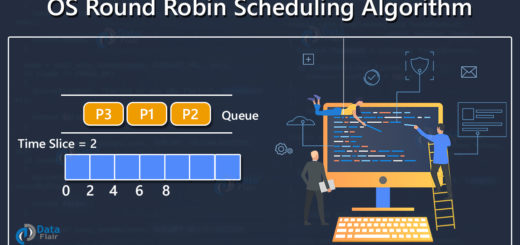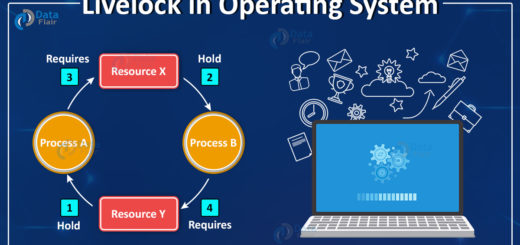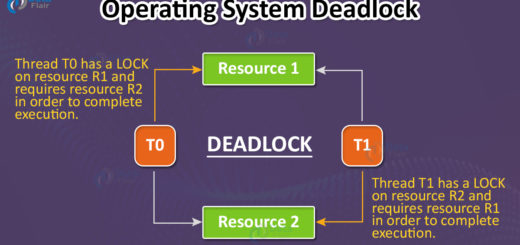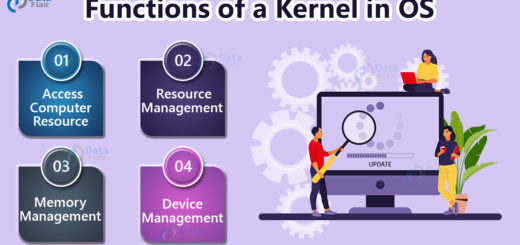Operating System Tutorials
Priority Scheduling is a process scheduling algorithm based on priority where the scheduler selects tasks according to priority. Thus, processes with higher priority execute first followed by processes with lower priorities. If two jobs...
This algorithm works on the principle of round-robin, where an equal share of an object is given to each person in turns. Mostly used for multitasking, this is the oldest and simplest scheduling algorithm...
Inter-process communication helps exchange data between multiple threads in one (or more) process or program. It doesn’t matter whether the process is running on single or multiple computers (connected by a network). It allows...
In the case of a livelock, the OS repeatedly denies a request for an exclusive lock. This happens because many overlapping shared locks interfere with each other. Processes constantly change their status, further preventing...
A memory management scheme and storage mechanism that eliminates the need for contiguous physical memory allocation is known as paging. The physical address space of a process is non-contiguous. Paging allows an OS to...
FCFS stands for First-Come-First-Serve. FCSF is an OS scheduling algorithm that executes requests and processes automatically. The OS stores these processes in the form of a queue in order of their arrival. Processes requesting...
A process enters the waiting state when another process holds the required resource. This situation is called a deadlock. It is common in multi-processing OS where multiple processes share a specific type of resource...
Remote Procedure Call is an interprocess communication technique used to construct distributed and client-server. It is used when a process causes a subroutine (coded as a normal procedure call) to execute in a different...
A real-time operating system is a type of OS that serves real-time applications and processes data without buffer delay. This time-bound system has fixed time constraints and calculates processing time requirements in tenths of...
The core component of the OS is known as a kernel. Kernel helps the OS manage the operations of the computer system and hardware, basically the memory and CPU time. It uses inter-process communication...










